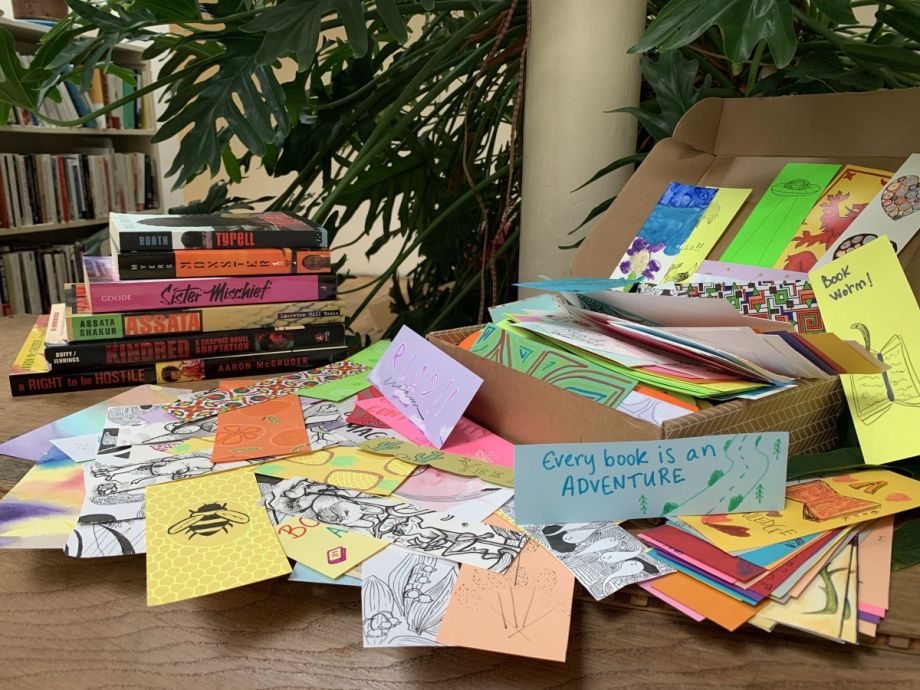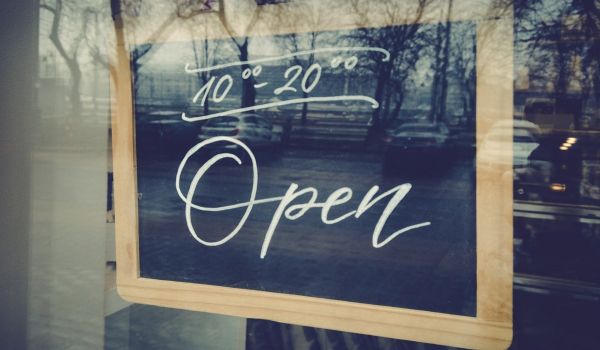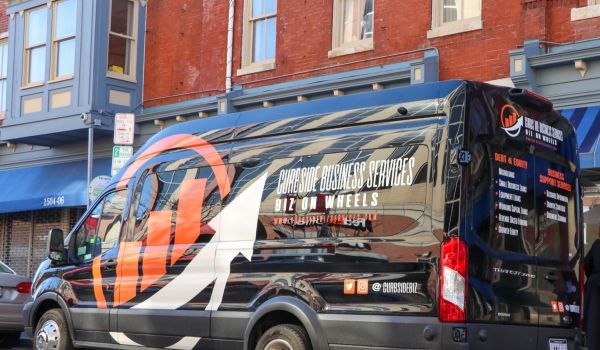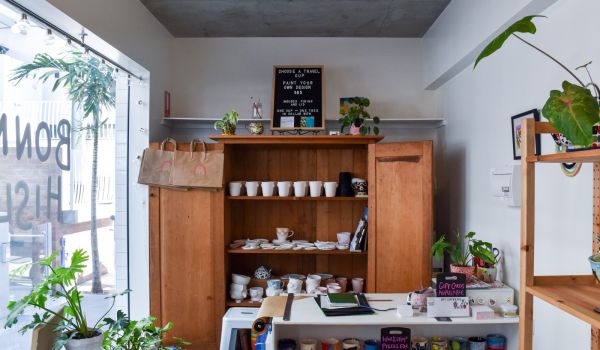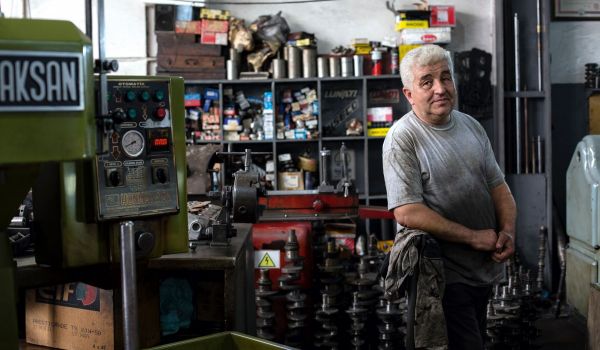In Illinois, roughly 500 youth are in prison or jail. Over the years, Chicago nonprofit organization Liberation Library has been providing books to those young people, sending hundreds of books yearly to incarcerated youth in six county jails and five juvenile prisons. After COVID-19 struck, the nonprofit has doubled the number of books it sends to youth — and has switched to buying them locally.
There are about 100 youth in prison in Illinois in the five state facilities, down from 1,200 a decade ago. They range in age from 13 to 21. Youth held on pretrial detention can be as young as 10, according to Stephanie Kollman, policy director at The Children and Family Justice Center.
Though the state facilities are officially called “youth centers,” they’re as grim as prisons, Kollman says. “Picture […] thick metal doors, […] with bars. In some cases there is sterile furniture built into the wall, a toilet inside of a cell with a sink attached.” Teachers work with the youth, but there are ten times as many guards as teachers, Kollman says.
In this environment, Liberation Library believes books can be a lifeline.
Prior to COVID-19, two Sundays a month, large groups of Liberation Library volunteers would gather at the offices of progressive magazine In These Times to fulfill book requests from youth prisoners. Large-scale volunteer operations have since come to a halt after Illinois Governor Pritzker’s March stay at home order. Liberation Library steering committee members say to meet the increasing demand for books due to restricted activity in prisons, they are now taking alternating shifts to continue operations safely. However, steering committee member Lucy Geglio says the biggest changes weren’t necessarily how they pack books, but how they source them.
“We had gotten a lot of feedback and seen a lot of articles and personal stories from folks who worked in Amazon facilities to people who were engaging in strikes because the warehouses were just not a safe environment,” says Geglio. “So in solidarity with that, and also in solidarity with more local, neighborhood independent bookstores, we really shifted away from purchasing books through Amazon and towards utilizing five local partners for all of our book sourcing.”
Liberation Library now sources its books from five Chicago bookstores. Shoppers can buy gift cards at the bookstores on behalf of Liberation Library.
For Open Books, a nonprofit organization that offers literacy inspired programs and runs two bookstores in the city’s Pilsen and West Loop neighborhoods, making the decision to partner with Liberation Library came as a no-brainer.
“I got a lot of respect for what they did,” says Open Books managing director Ryan Jackson. “Because they have […] very curated lists […]for the prison populations that they serve, I knew that they’re doing good work like we are and kind of cut from the same cloth in that way.”
The gift card partnership allows bookstores to do well by doing good. According to the Chicago Tribune, the retail industry is among the sectors suffering the most in Chicago, with more than 700 retail businesses closing since the beginning of March. For Women & Children First, one of the largest feminist bookstores in the country in Chicago’s Andersonville neighborhood, the pandemic had made staff wonder if they’d ever be able to re-open.
“It’s so mutually beneficial to both Liberation Library and to us because at this time there was so much uncertainty with our doors closed if we were going to be able to stay open, what online orders were going to look like,” says Karlee Nussbaum, Women & Children’s First outreach and sales liaison. “So having this certainty, having this outpouring come through was a huge gift.”
Both Open Books and Women & Children’s First plan to continue their partnership post-COVID-19.
“The gift card for Liberation Library, we’re going to get into that post-COVID,” says Jackson. “We think that it’s a win-win for both organizations. Instead of splitting a donation between Liberation Library and Amazon, you’re splitting a donation between Liberation Library and Open Books, which is great in terms of how people can get involved.”
Young incarcerated readers fill out a form with their top three book requests, and specify genres they are interested in. Additionally, readers can browse catalogs from a list of potential titles for inspiration, in case they don’t already have books in mind.
One of the more popular titles from Liberation Library’s spring 2020 catalog is Angie Thomas’ “The Hate U Give”, where the main character, a Black Lives Matter supporter, witnesses her friend die at the hands of police. Readers also have requested former Korn guitarist’s autobiography “Save Me From Myself” and the YA novel “We Are Lost and Found” by Helene Dunbar, about a group of friends coming of age during the AIDS crisis of the early 1980’s.
However, Liberation Library says the youth prisons they work with have sometimes tried to cancel orders of certain books.
“Sometimes orders are actually crossed out of the order forms. When that happens, we often get in touch with a facility to say that one of our principles as an organization is that we are against censorship,” explains Geglio. “We really feel like we want our readers to have agency in what they request. And we’ve gotten really good reception on that from a couple of the facilities that we work with.”
Despite operating on smaller volunteer staff, Liberation Library has sent over 1,100 books since the pandemic struck — two per order rather than one.
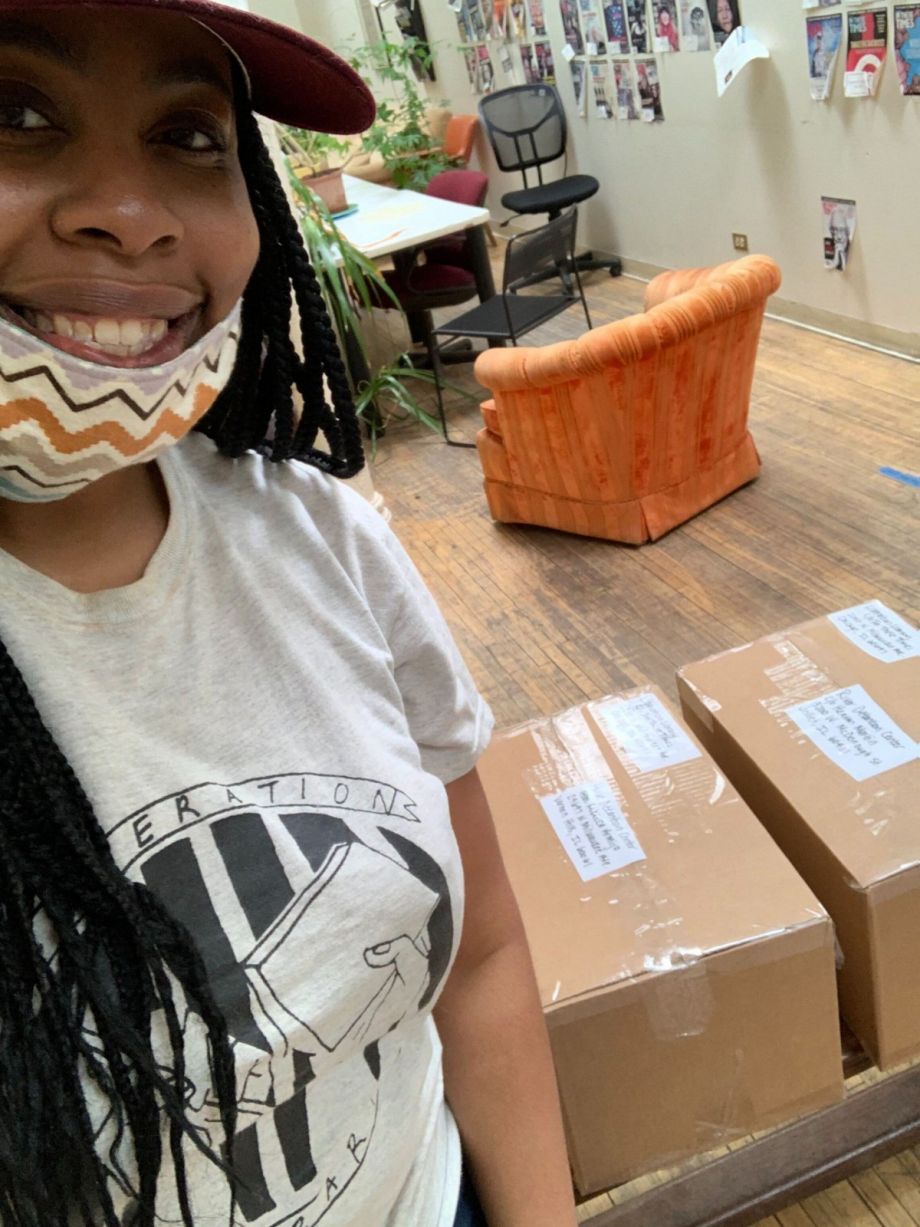
Steering Committee Member Magan Marshall (Photo Courtesy Liberation Library)
Liberation Library is now also sending additional items that youth prisoners request.
“So card games were [suddenly popular, and] we recently facilitated a pretty large donation of soda pop and snacks to people inside. And another thing that was recently a bigger push was that we sent art supplies. So we sent like drawing books and markers,” says Geglio. “These are just things that people have been requesting and that you know, we’re happy to [send] things that we’re able to.”
Advocates have raised concerns across the country that the crowded conditions of prisons can make them coronavirus hotspots, and the youth prisons in Illinois are no different. According to the Illinois Department of Juvenile Justice, as of August 18 there were a total of 64 confirmed coronavirus cases in the department’s five prisons — though three-fourths were among staff members. To attempt to stop the spread, Liberation Library is also sending supplies to help keep inmates safe.
“One of our steering committee members, Bettina Johnson, was able to get a really big donation of hand sanitizer because that was a need for one of the facilities,” says steering committee member Melanie Wagner.
One way for individuals to get involved in Liberation Library’s work is to send the organization homemade bookmarks.
“I think one of the main ways that people are engaging with our work right now that doesn’t really cost anything is making bookmarks,” says Wagner. “With every book that we send, we send an individual bookmark. That’s been a really great way I think, for people all over to engage with our work.”
Though Liberation Library cannot be in direct contact with youth inmates, they are receiving great feedback from their work nonetheless.
“We’ve heard from some of the facilities that young people have returned after being released to come and pick up their books,” says Wagner. One researcher who worked in one of the facilities also reported anecdotally that after Liberation Library started sending shipments, she started to see a big change, with youths carrying their books with them wherever they went.
Liberation Library hopes that one day their organization won’t be essential. To that end, the organization has signed on to the Final Five campaign, a push to close the final five prisons in Illinois. Says Wagner: “Our view of our work is that we would like to some day not exist.”

Nicolette White is a class of 2020 Emma Bowen Foundation Fellow at Next City. Currently, White is completing a Bachelor of Arts degree in Journalism at Temple University. She is also a member of the National Association of Black Journalists and has previously interned for The Philadelphia Tribune and The Lenfest Institute for Journalism.
.(JavaScript must be enabled to view this email address)

